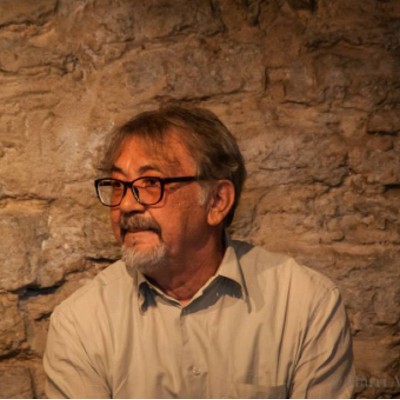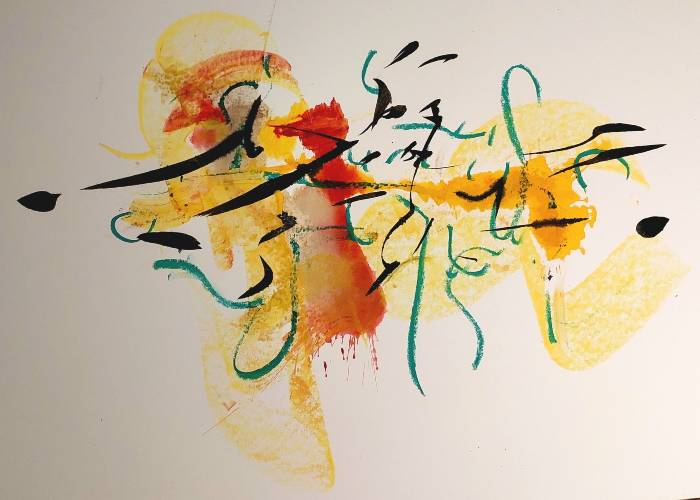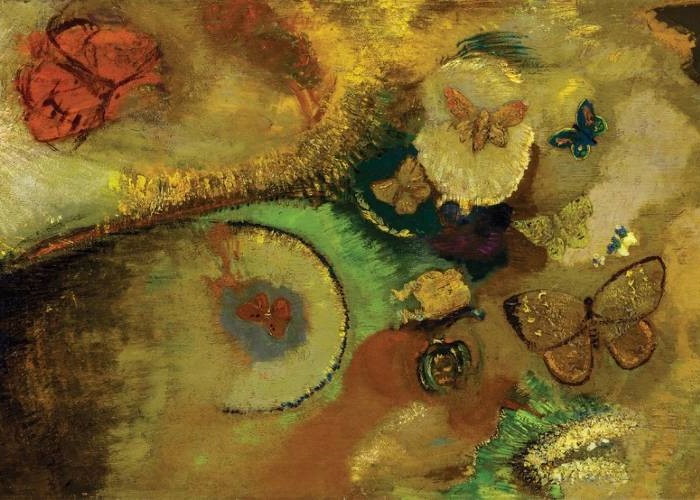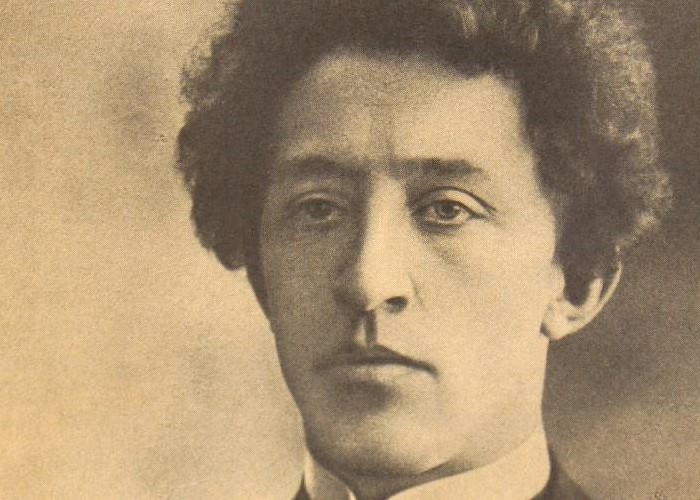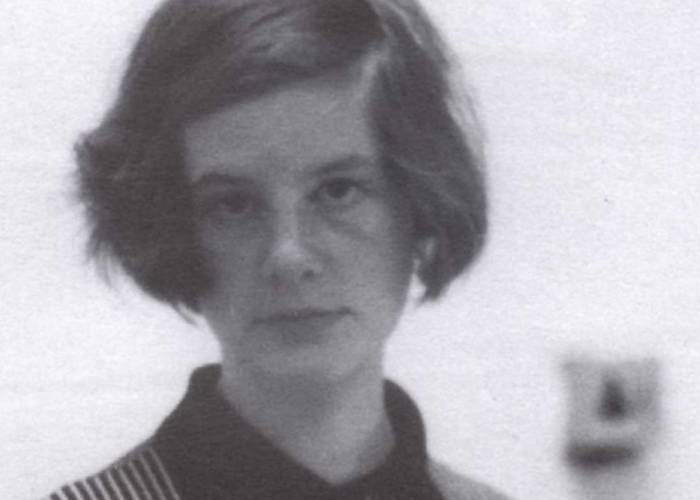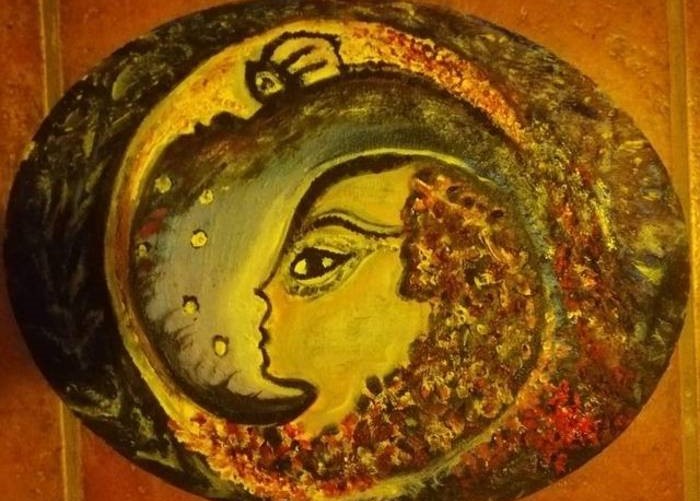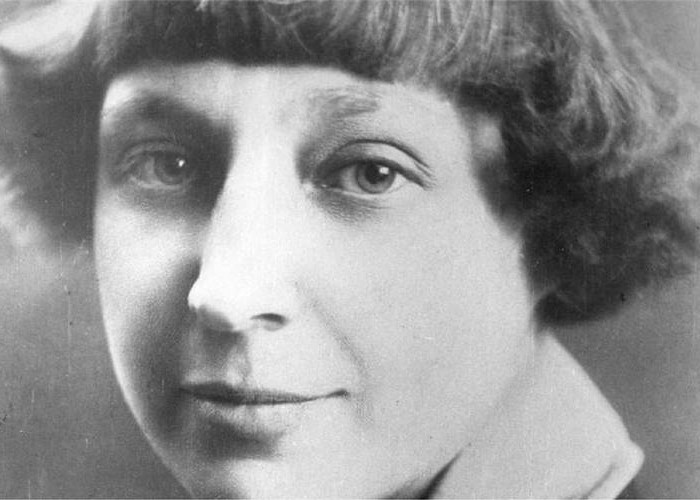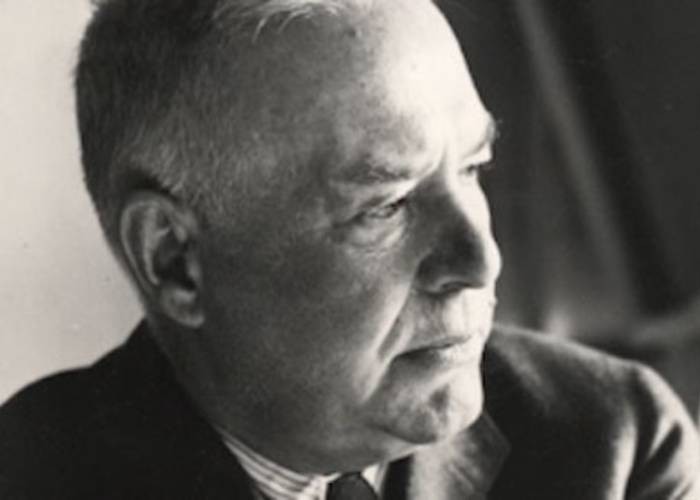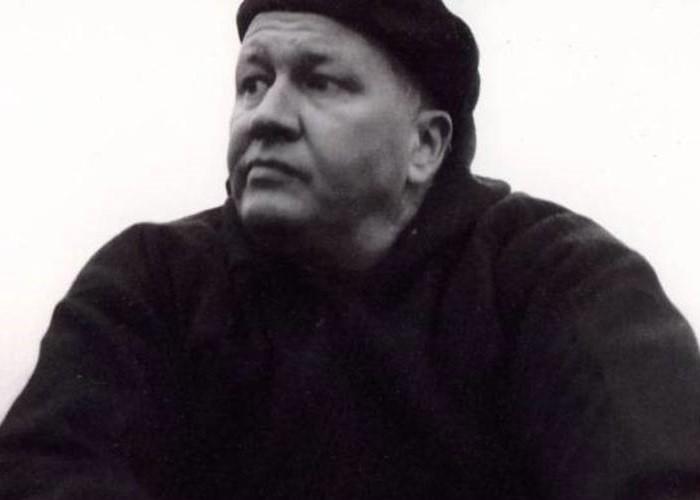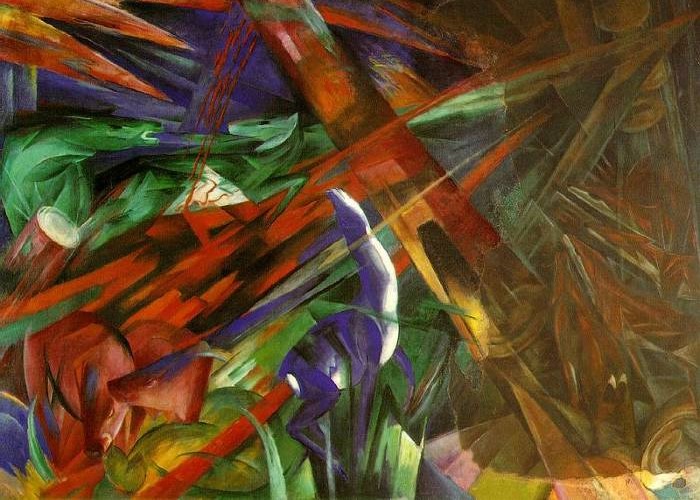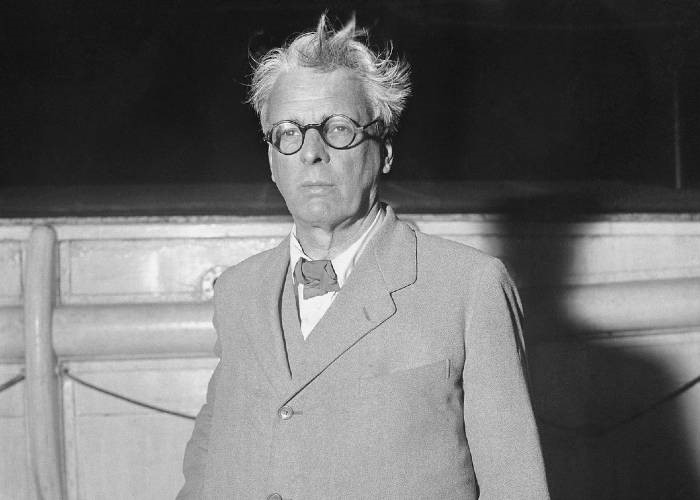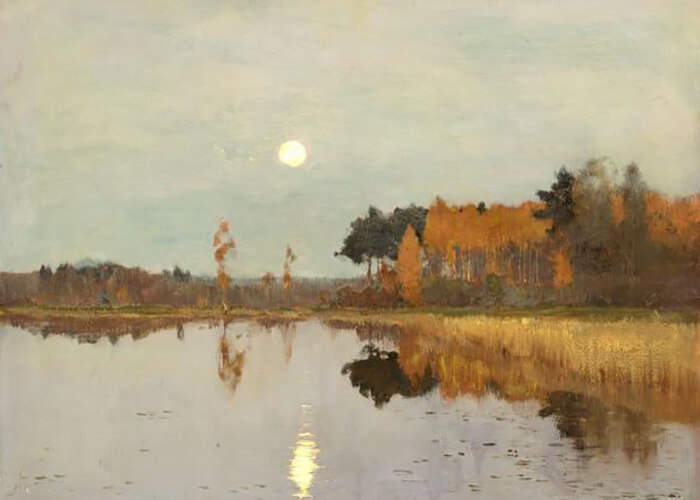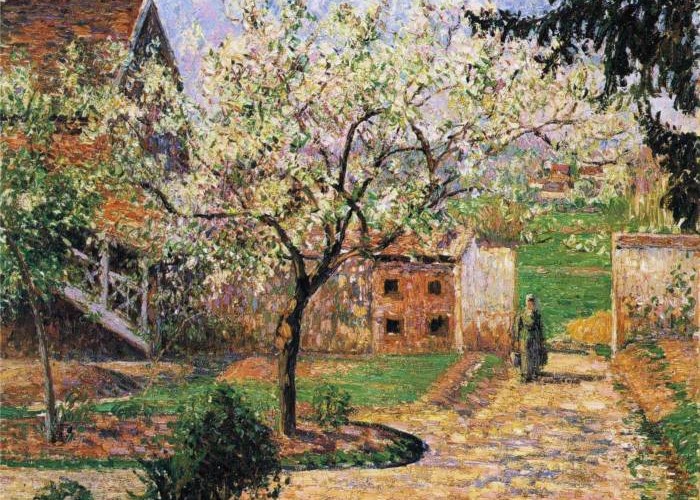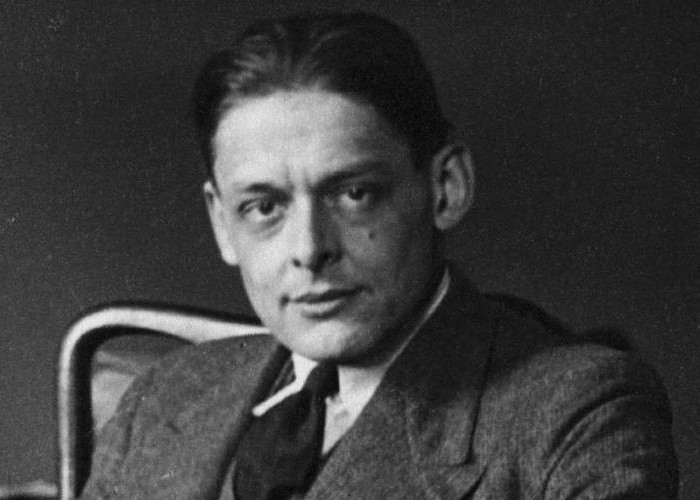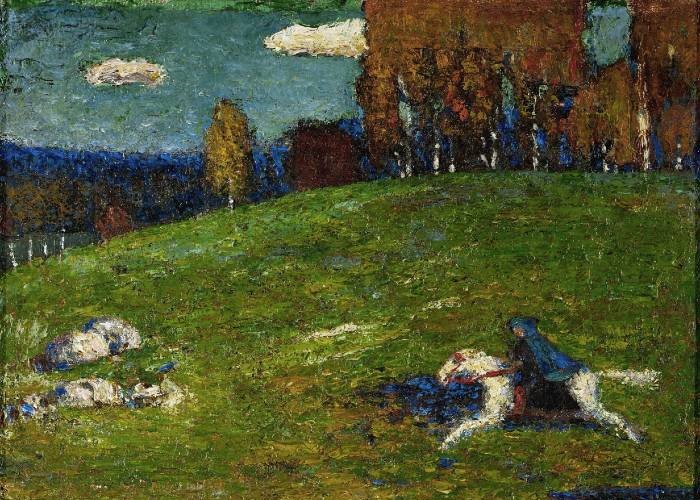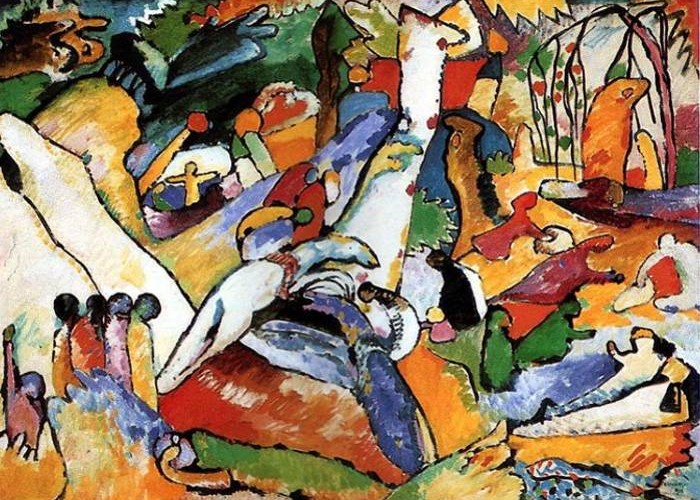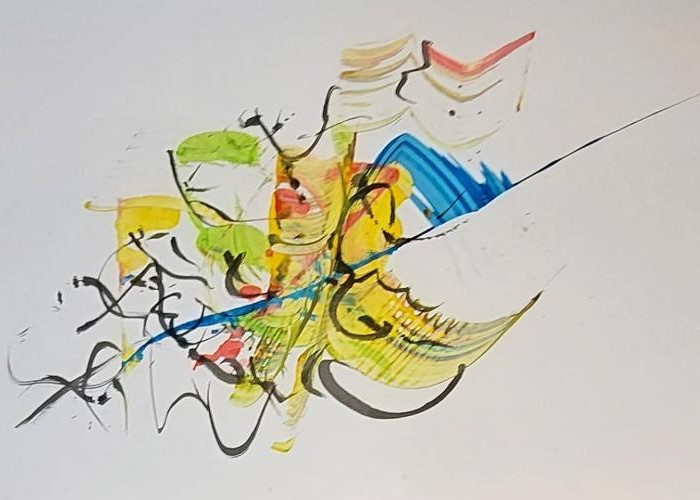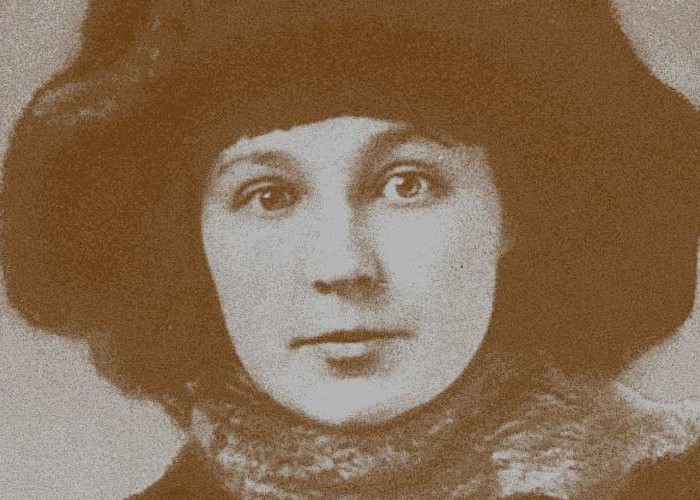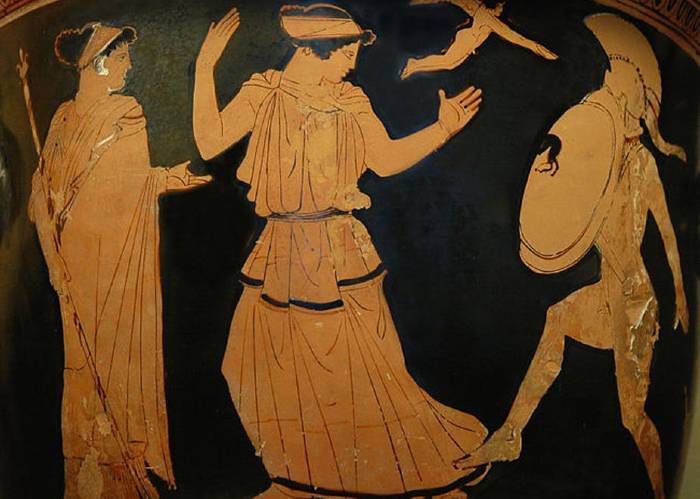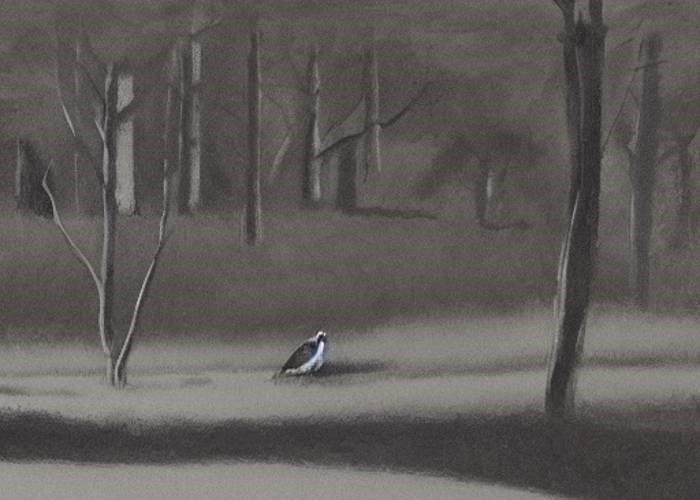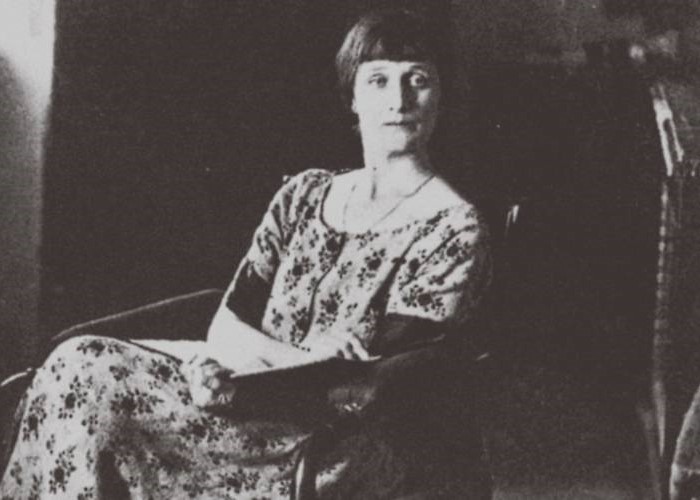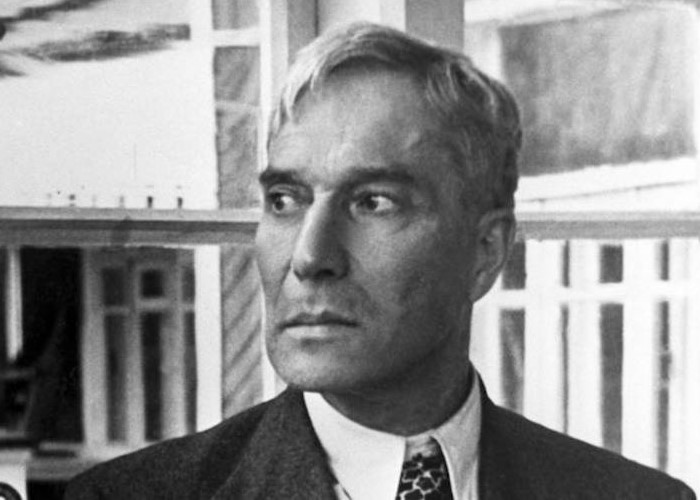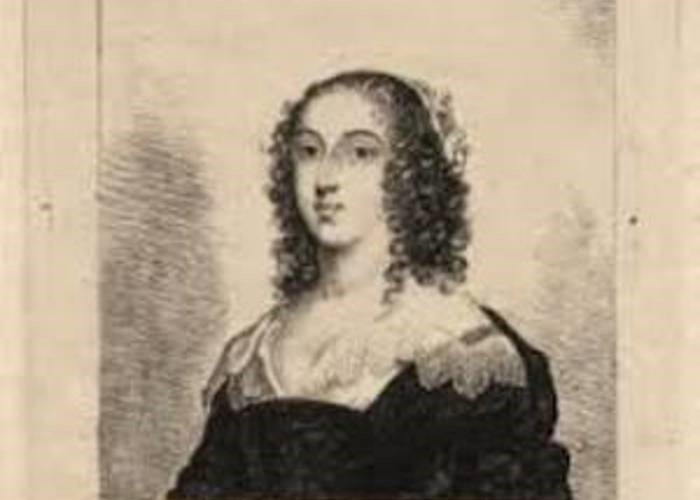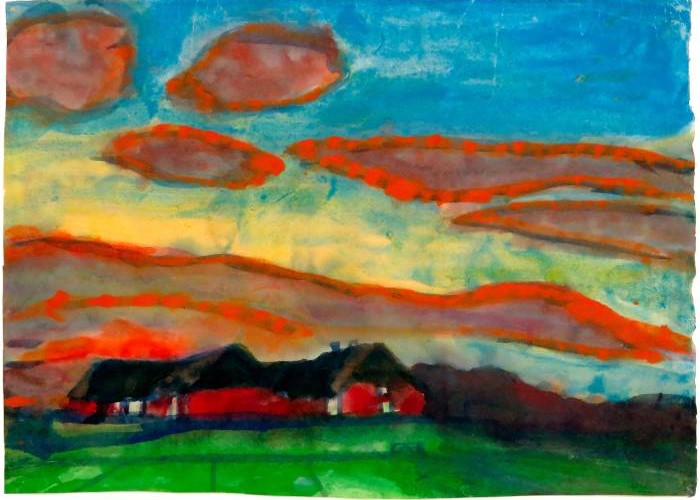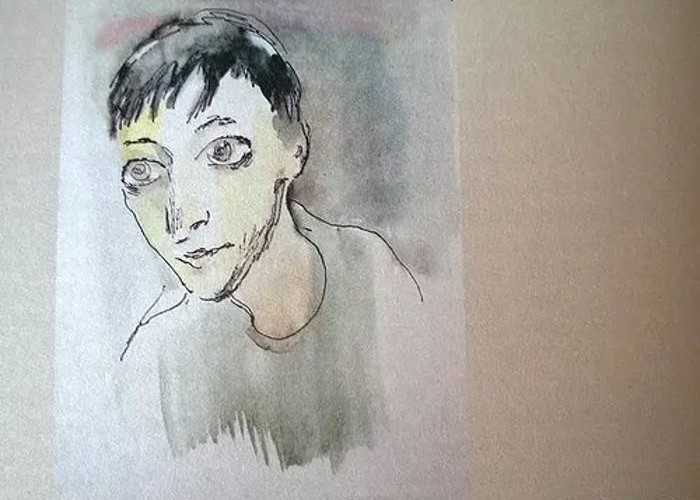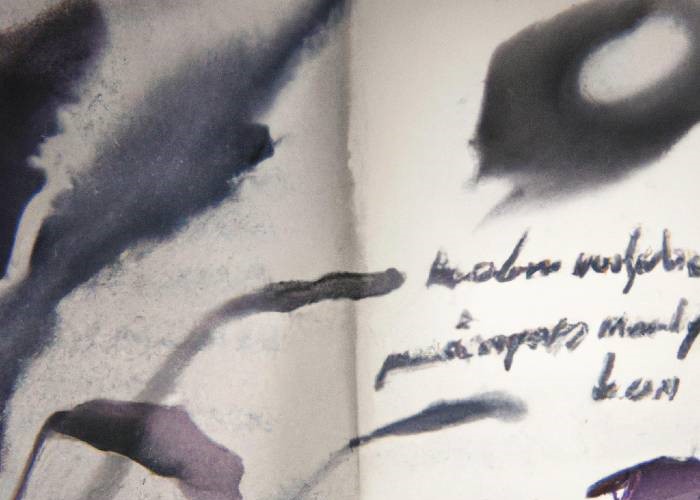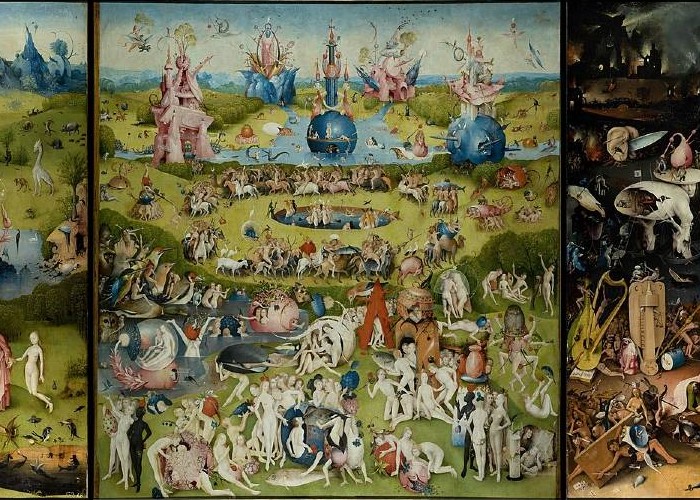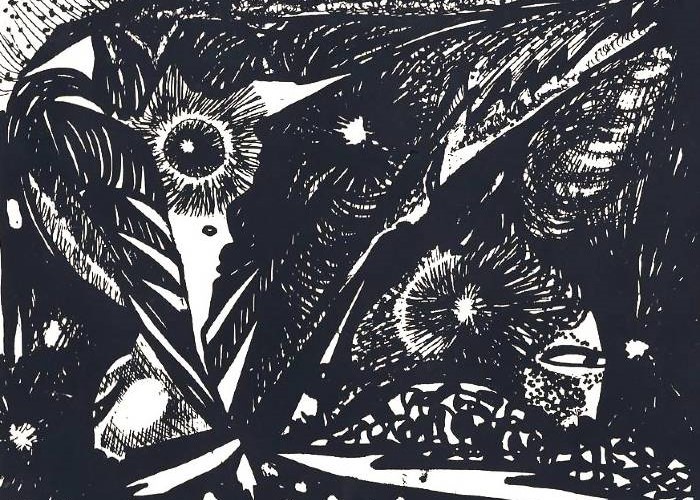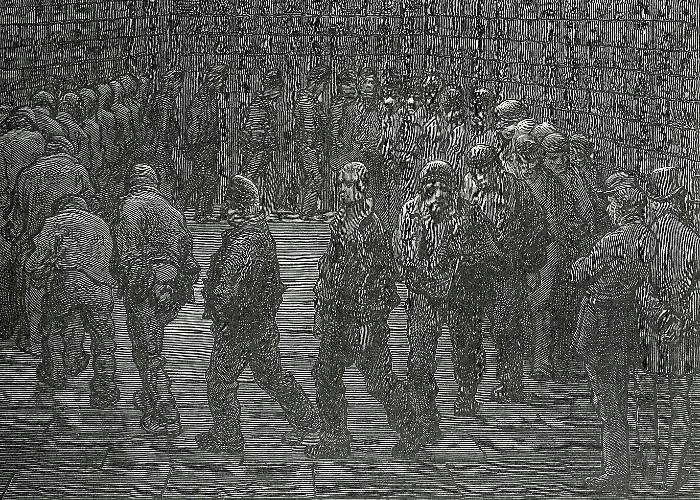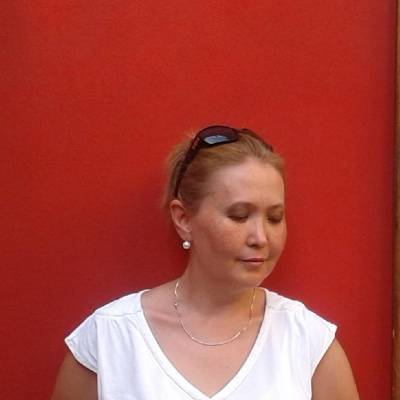Prisoners walk in circles. It’s morning. It’s dark.
Step by step they free themselves of lifelong fear.
Because of them I wake up
frightened that I don’t know yet
where the wrong side starts.
I do notice that my room gets smaller every day
and I often hear masons working in the wall.
Where is the limit of shame?
Whose bed am I lying in?
Sleep, Goran, sleep.
The night exists just to prevent you
from meeting me.
Years go by, drinkable, but full of fear.
I am more and more inclined to fall. Have I fallen already?
God sometimes knocks on my frozen window
and I don’t let him in because
he has the eyes of a prisoner and always asks: Why?
As if I knew.
I just half-breathe humbly and die the other half
looking for the place where the exit door used to be.
Sleep, Goran, sleep.
Prisoners do not exist.
Where are you going, father, in your slippers?
It’s morning. It’s dark. Sleep!
Leave that empty revolver case,
and stop walking like prisoners walk.
We’re tame people and do not ask me anything.
I often meet you in myself and you always ask: Why?
As if you didn’t know what’s going on in your head
when you ask me on which side
medals should be worn.
To whom have you rented your son,
I ask you quietly so that mother won’t hear,
blind but ever wakeful for I know she will ask me:
What’s going on outside? As if I knew.
Therefore, sleep, Goran, sleep
as sheep, butterflies,
tame people sleep.
Кто это будит меня?
Заключенные ходят по кругу. Утро. Темно.
Шаг за шагом они освобождаются от пожизненного страха.
Из-за них я просыпаюсь,
охваченный ужасом:
а вдруг я на той стороне,
что считается неверной?
Я замечаю, что моя комната с каждым днем уменьшается,
часто слышу, как в стене трудятся каменщики.
Где граница стыда?
В чьей постели я проснулся?
Спи, Горан, спи.
Ночь существует только для того, чтобы предупредить тебя
о встрече со мной.
Годы идут, пьяные, полные страха.
Я все ближе к пропасти. Или я уже погиб?
Бог иногда стучит в мое замерзшее окно,
но я не впускаю его, потому что
у него глаза заключенного, и он вопрошает все об одном: почему?
Если бы я знал.
Я всего лишь наполовину смиренно дышу, наполовину умираю
в поисках места, где раньше была дверь, ведущая на волю.
Спи, Горан, спи.
Заключенных не существует.
Куда ты идешь, отец, в своих тапочках?
Сейчас утро. Еще темно. Ложись спать!
Оставь пустой футляр револьвера,
и перестань бродить, словно заключенный.
Мы ведь покорны, так не спрашивай меня ни о чем.
Я часто встречаюсь с тобой где-то внутри себя самого, и ты
задаешь тот же вопрос: почему?
Как будто сам не знаешь, что творится в твоей голове,
когда спрашиваешь меня, какой стороной
нужно носить медали.
Кому ты сдал в аренду своего сына,
Я допытываюсь тихо, чтобы мать не слышала,
слепая, но вечно бодрствующая, ведь она обязательно спросит меня:
Что происходит там, по ту сторону от нас? Если бы я знал.
А потому спи, Горан, спи –
как спят овцы, бабочки
и покорные люди.
